Debt can feel overwhelming and suffocating, but you don’t have to face it alone. There are companies that assist with debt, such as LSS Law, a bankruptcy law firm in South Florida that offers no-cost bankruptcy Strategy Sessions to help you successfully get out of debt. We understand that each person’s debt situation is unique, and we tailor our services to your specific needs. We also offer a free report containing “secrets that creditors don’t want you to know,” which you can download by filling out the short form on the right side of the page.
Debt relief is a broad term that encompasses various strategies to help borrowers manage and eliminate their debt. These strategies include debt settlement, debt consolidation, credit counseling, and debt management. There are several debt relief companies on the market, but it’s essential to choose one that best suits your needs and has a proven track record of success. LSS Law has helped countless clients free themselves from the burden of debt and regain control of their finances.
Debt Settlement Companies
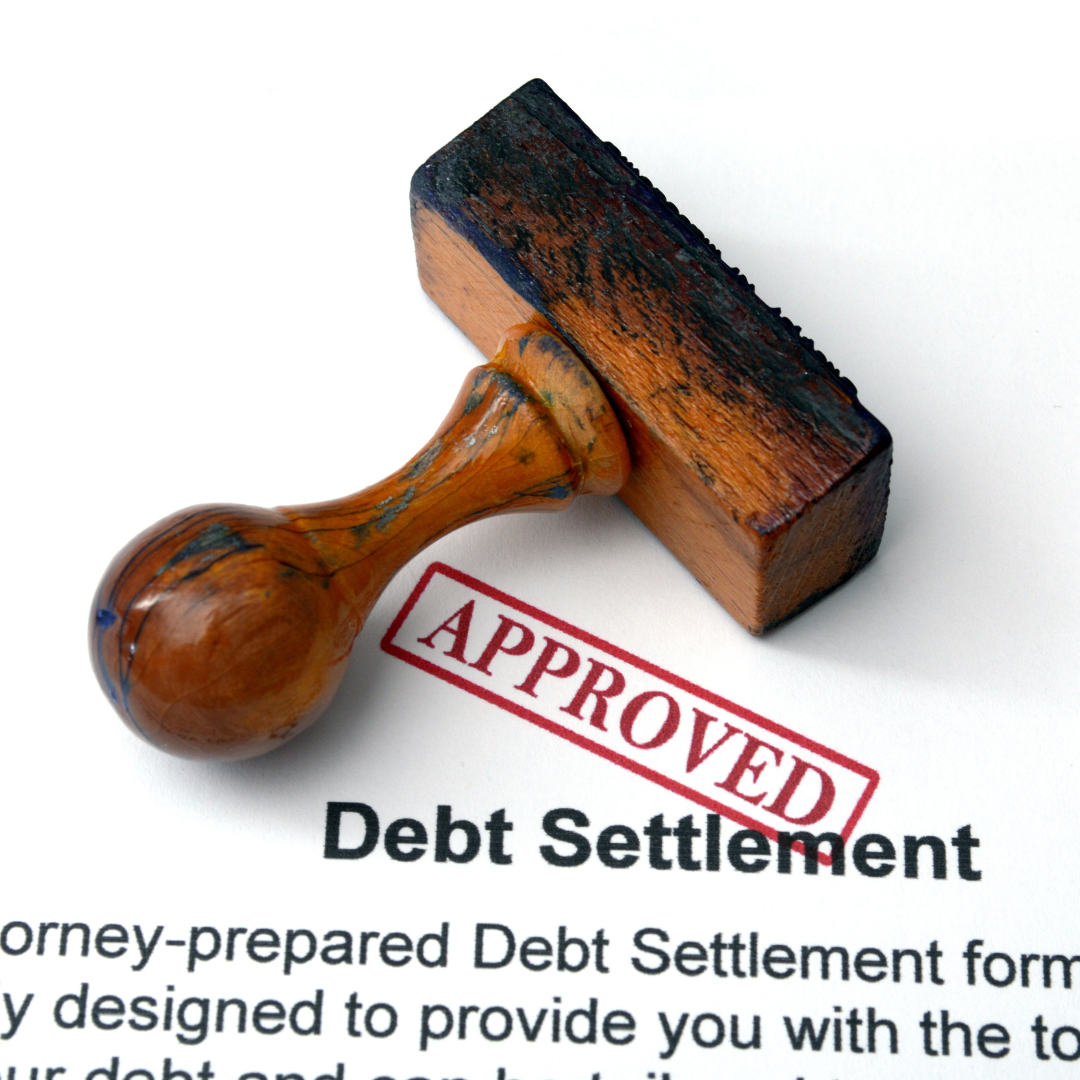
Debt settlement companies negotiate with creditors on your behalf to reduce the amount you owe. They may persuade creditors to accept a lump-sum payment that is lower than the full balance, typically between 40% to 60% of the total debt. Once an agreement is reached, you pay the debt settlement company, which then pays the creditor. It’s crucial to choose a reputable debt settlement company to ensure your best interests are protected.
How Debt Settlement Works
The debt settlement process begins when you stop making payments to your creditors and start depositing money into a savings account, or escrow account, set up by the debt settlement company. As your account grows, the debt settlement company contacts your creditors and negotiates a settlement on your behalf. The entire process usually takes between two to four years, depending on how much money you can save each month and the willingness of your creditors to settle.
Pros and Cons of Debt Settlement
Debt settlement can help you reduce your overall debt, avoid bankruptcy, and become debt-free faster than making minimum payments. However, there are also drawbacks to consider. Debt settlement can negatively impact your credit score, as missed payments and settled debts are reported to the credit bureaus. Additionally, not all creditors are willing to settle, and there’s no guarantee that the debt settlement company will be successful in negotiating a reduced balance. It’s essential to weigh the pros and cons of debt settlement before deciding if it’s the right option for you.
Choosing a Debt Settlement Company
When looking for a debt settlement company, consider things such as their experience, success rate, fees, and accreditation. Reputable debt settlement companies, like National Debt Relief and Freedom Debt Relief, are members of the American Fair Credit Council (AFCC), which ensures they adhere to industry best practices and ethical standards. Additionally, check their ratings with the Better Business Bureau (BBB) and read reviews from past clients to gauge their performance.
Debt Consolidation

Debt consolidation involves combining multiple debts, such as credit card debt and personal loans, into a single debt with a lower interest rate. This can be achieved through a debt consolidation loan or a balance transfer credit card. Debt consolidation can simplify your monthly payments and save you money on interest costs over time.
Debt Consolidation Loans
Debt consolidation loans are personal loans that you use to pay off your existing debts. You then make a single monthly payment to the new lender, ideally at a lower interest rate than your previous debts. Debt consolidation loans can be secured (backed by collateral) or unsecured (not backed by collateral). Unsecured loans typically have higher interest rates.
Balance Transfer Credit Cards
A balance transfer credit card allows you to transfer your existing credit card debt to a new card with a lower interest rate, often 0% for a promotional period. This can help you save on interest and pay off your debt faster. However, it’s essential to pay off the balance before the promotional period ends, as interest rates will likely increase significantly afterward.
Credit Counseling
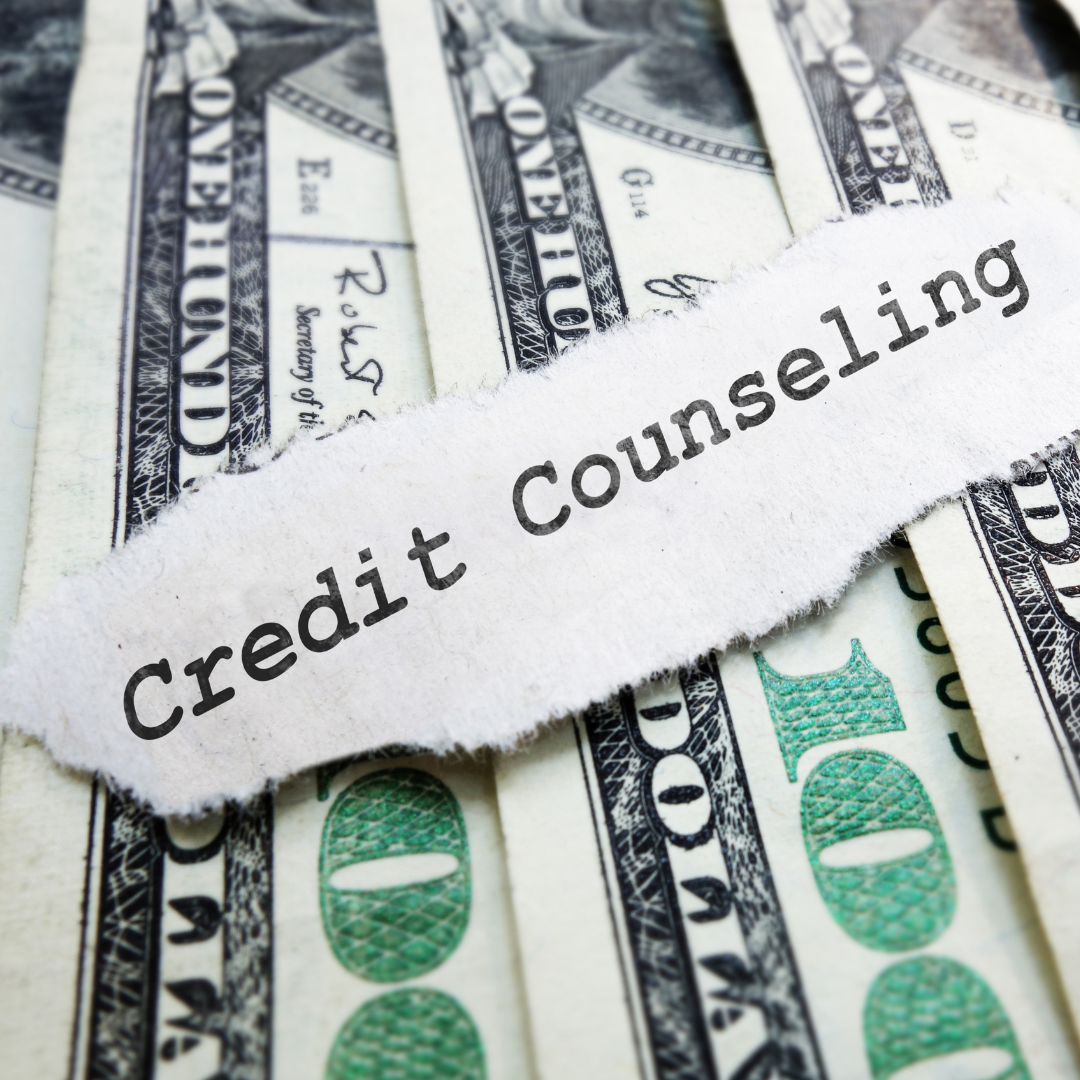
Credit counseling is a service provided by nonprofit organizations that helps you create a plan to manage your debt, improve your credit score, and develop a budget. Credit counseling agencies work with you to understand your financial situation and recommend strategies to help you regain control of your finances. This may include enrolling in a debt management plan, which involves making a single monthly payment to the credit counseling agency, which then distributes the funds to your creditors.
Pros and Cons of Credit Counseling
Credit counseling can help you develop a personalized plan to address your debt, improve your financial habits, and avoid future debt problems. Additionally, enrolling in a debt management plan can lead to lower interest rates and waived late fees from your creditors. However, credit counseling may not be suitable for those with severe debt, who may require more aggressive solutions like debt settlement or bankruptcy.
Debt Management
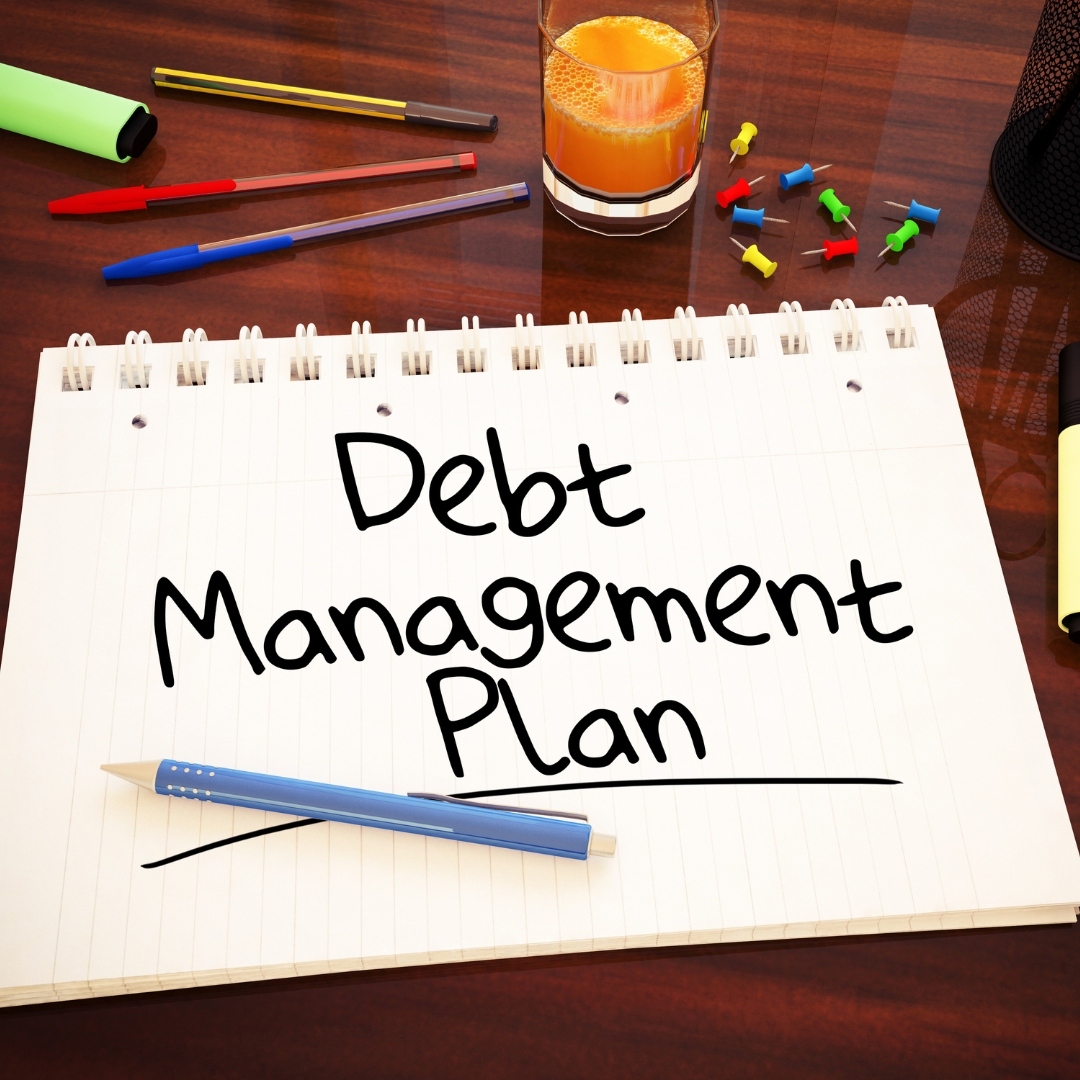
Debt management is a strategy that involves working with a credit counseling agency to create a debt repayment plan. This plan consolidates your unsecured debts into a single monthly payment, which is distributed among your creditors. The credit counseling agency negotiates with your creditors to lower your interest rates and waive late fees, making it easier for you to pay off your debt.
Pros and Cons of Debt Management
Debt management can help you simplify your monthly payments, reduce your interest rates, and pay off your debt faster. Additionally, it can help you avoid bankruptcy and create a more manageable financial situation. However, debt management may not be suitable for those with secured debts or those who cannot commit to a long-term repayment plan.
Choosing the Right Debt Relief Option
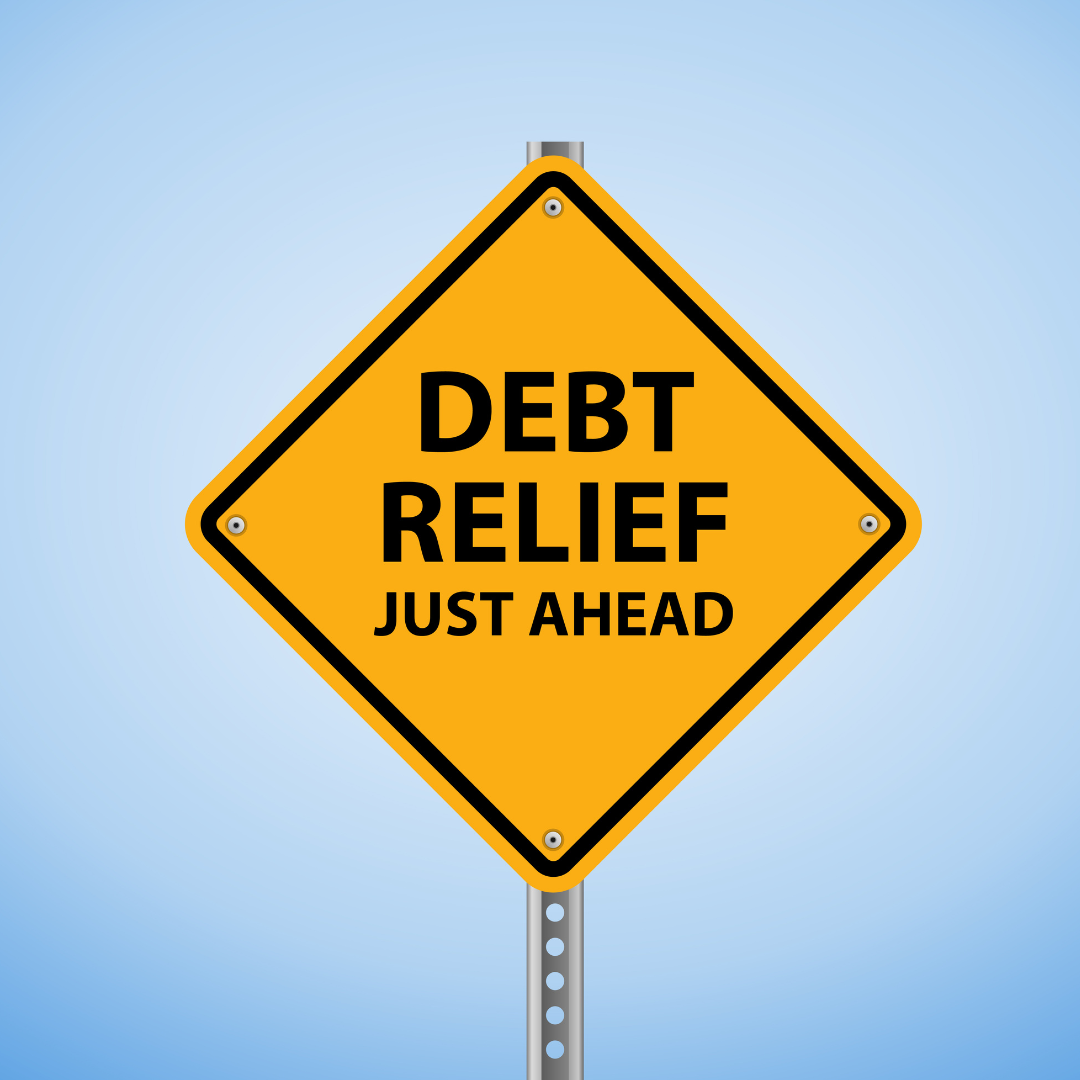
When considering debt relief options, it’s essential to evaluate your financial situation and determine which strategy best suits your needs. For some, debt settlement may provide the fastest path to becoming debt-free, while others may benefit from credit counseling and debt management. It’s also crucial to research debt relief companies and choose a reputable, experienced company to work with, like LSS Law.
LSS Law: Your Partner in Debt Relief

At LSS Law, we understand that facing debt can be a challenging and emotional experience. Our team of experienced professionals is dedicated to helping you regain control of your finances and achieve a debt-free future. We offer no-cost bankruptcy Strategy Sessions to help you determine the best path forward and provide a free report containing “secrets that creditors don’t want you to know.” To get started, fill out the short form on the right side of the page, and let LSS Law help you take the first step toward a brighter financial future.
Bankruptcy: A Fresh Start

Bankruptcy may be a last resort, but it can be a powerful tool for those struggling with overwhelming debt. Contrary to popular belief, bankruptcy can provide a positive opportunity for a fresh start, allowing you to discharge or restructure your debts and regain control of your finances. At LSS Law, our experienced bankruptcy attorneys can help you determine if bankruptcy is the right option for you and guide you through the process.
Chapter 7 Bankruptcy
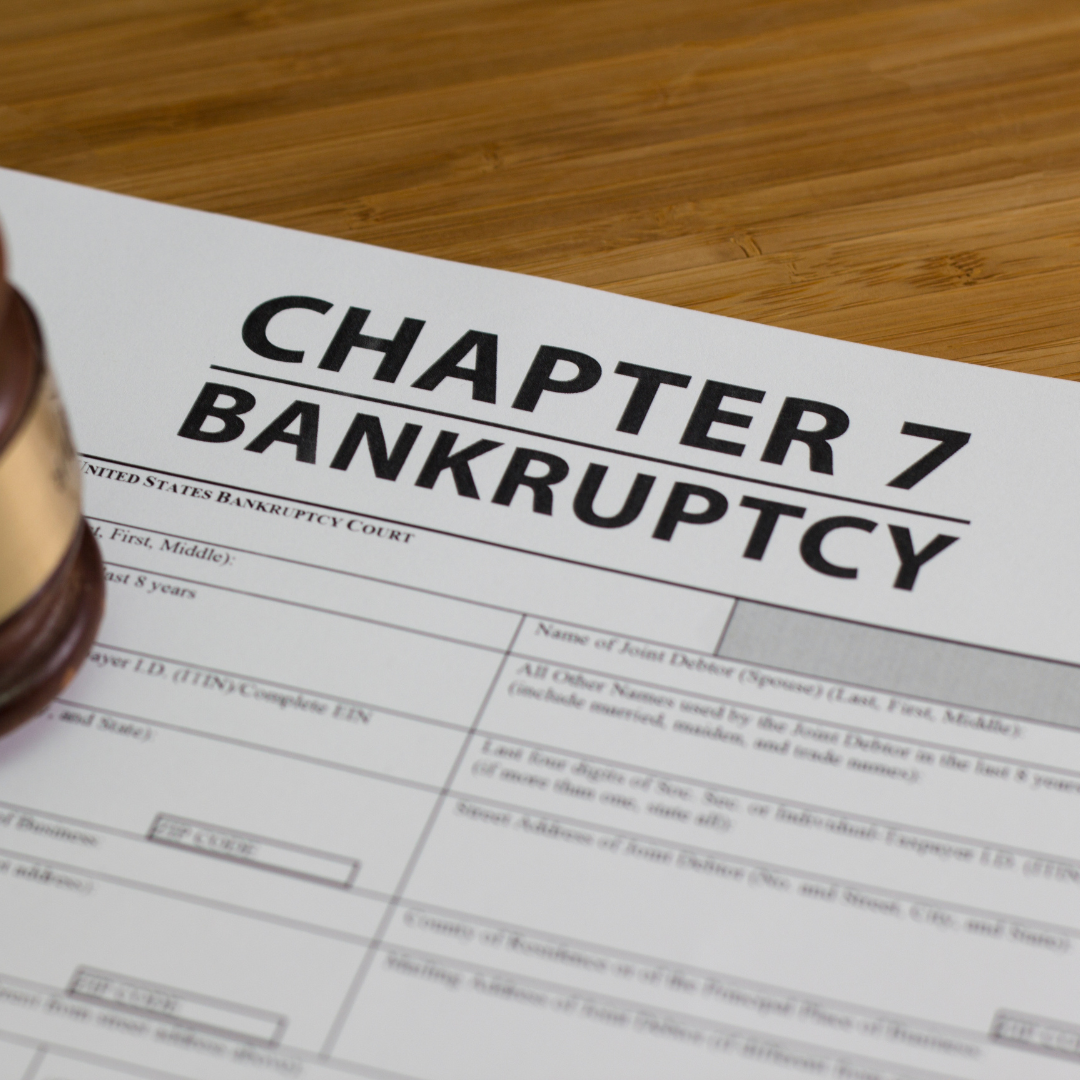
Chapter 7 bankruptcy, also known as liquidation bankruptcy, is designed for individuals with limited income and assets. In this process, non-exempt assets are sold by a court-appointed trustee to pay off as much of your debt as possible. The remaining unsecured debts, such as credit card and medical bills, are then discharged. This process typically takes three to six months, allowing you to start rebuilding your financial life relatively quickly.
Chapter 13 Bankruptcy
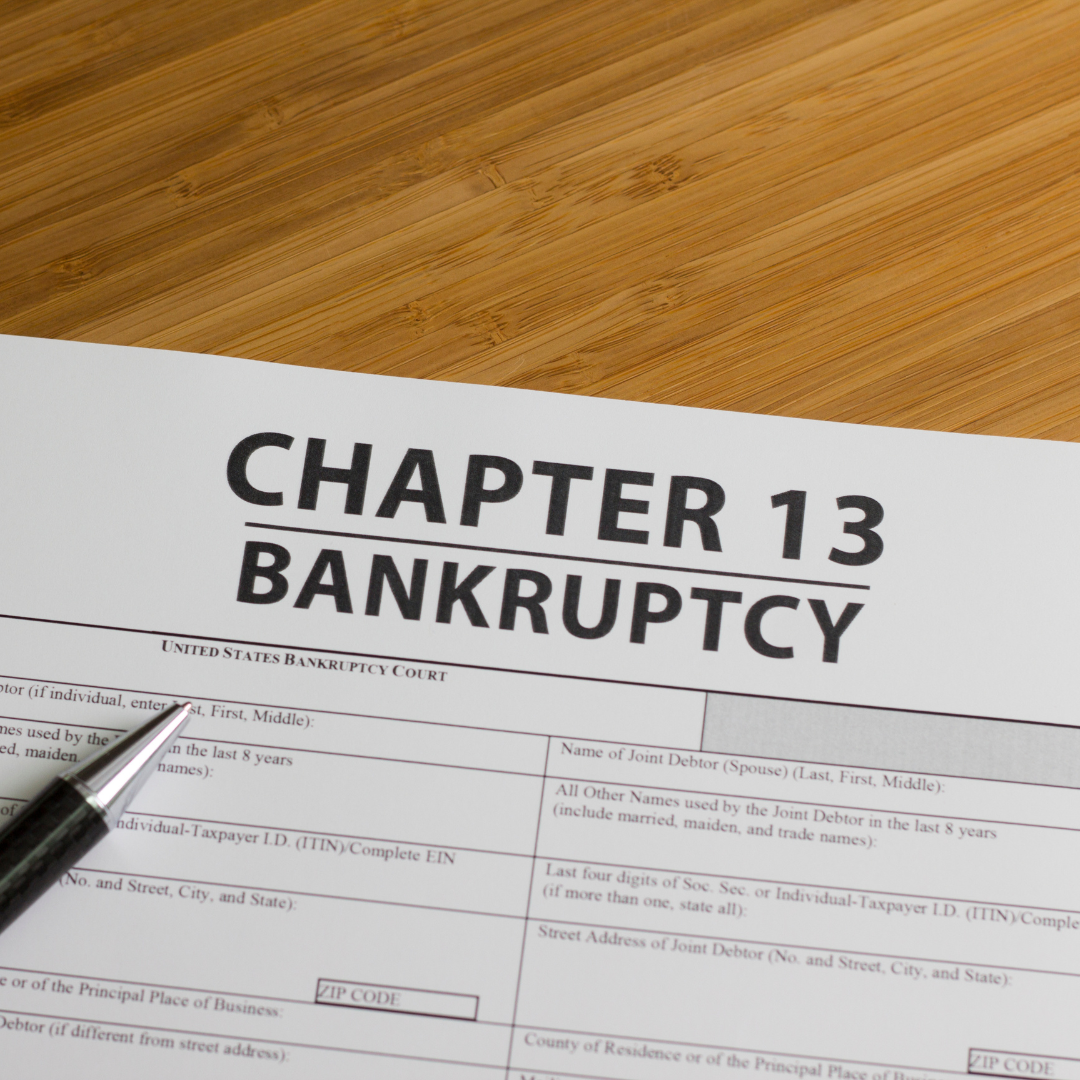
Chapter 13 bankruptcy, also known as reorganization bankruptcy, is designed for individuals with a regular income and the ability to repay a portion of their debts. Under this process, you develop a repayment plan to pay off some or all of your debts over a period of three to five years. Once the repayment plan is completed, any remaining qualifying debts are discharged. Chapter 13 bankruptcy allows you to keep your assets and can provide you with the opportunity to catch up on mortgage or car loan payments, protecting your home and vehicle from foreclosure or repossession.
Click the link to learn more about the pros and cons of Chapter 7 and Chapter 13.
Companies That Help With Debt – Frequently Asked Questions

How do I know which debt relief option is right for me?
The best debt relief option for you depends on your individual financial situation and goals. It’s essential to assess your income, expenses, assets, and the types and amounts of debt you have before deciding on a strategy. Consulting with a professional at LSS Law can help you determine which option is best suited for your needs.
Will debt relief hurt my credit score?
Debt relief options can have varying impacts on your credit score. Debt settlement and bankruptcy can potentially have negative effects on your credit score, as they involve missed payments, settled debts, or discharged debts being reported to credit bureaus. However, these options can also help you eliminate debt and eventually rebuild your credit. Credit counseling and debt management may have a less significant impact on your credit score, as they focus on establishing a repayment plan and improving your financial habits.
Can creditors continue to contact me after I’ve enrolled in a debt relief program?
Once you’ve enrolled in a debt relief program, most creditors will work with the debt relief company directly and cease communication with you. However, some creditors may still try to contact you, in which case you should inform them that you are working with a debt relief company and provide the company’s contact information.
What types of debt can be included in a debt relief program?
Most debt relief programs focus on unsecured debts, such as credit card debt, medical bills, personal loans, and certain types of tax debt. Secured debts, such as mortgages and car loans, are generally not included in debt relief programs. It’s essential to consult with a professional at LSS Law to determine which of your debts can be included in a debt relief program.
How long does the debt relief process take?
The length of the debt relief process depends on the option you choose and your individual financial situation. Debt settlement typically takes between two to four years, while a Chapter 7 bankruptcy takes three to six months, and a Chapter 13 bankruptcy lasts three to five years. Credit counseling and debt management plans vary in length depending on your specific plan and ability to make payments.
What happens if I can’t make the payments in my debt relief program?
If you’re unable to make the agreed-upon payments in your debt relief program, it’s essential to communicate with your debt relief company or credit counselor as soon as possible. They may be able to adjust your payment plan or provide additional guidance. Failure to make payments may result in the termination of your program and a resumption of collection efforts by your creditors.
Can I negotiate with my creditors directly instead of using a debt relief company?
While it’s possible to negotiate with your creditors directly, it can be challenging and time-consuming, and there’s no guarantee of a successful outcome. Debt relief companies have experience and established relationships with creditors, increasing the likelihood of negotiating favorable settlements on your behalf.
Will debt relief affect my spouse or partner?
Debt relief may affect your spouse or partner if you have joint debts or if you live in a community property state. In these cases, your spouse may be held responsible for the debts you’re trying to resolve. It’s essential to discuss the potential implications with a debt relief professional and consider including your spouse or partner in the debt relief process if necessary.
What are the tax implications of debt settlement?
The IRS generally considers forgiven debt to be taxable income. However, there are exceptions for insolvency and certain types of debts, such as mortgage debt. It’s crucial to consult with a tax professional to understand the potential tax implications of debt settlement for your specific situation.
Can student loans be included in debt relief programs?
Student loans are typically not eligible for debt settlement or discharge through bankruptcy. However, there are alternative options for managing student loan debt, such as income-driven repayment plans, loan consolidation, and loan forgiveness programs. Credit counseling services can also help you explore these options and develop a plan for managing your student loan debt.
How can I rebuild my credit after debt relief?
Rebuilding your credit after debt relief involves demonstrating responsible financial habits over time. Steps to improve your credit include making timely payments on any remaining debts, using credit responsibly, keeping your credit utilization low, and monitoring your credit report for errors.
What is the difference between secured and unsecured debt?
Secured debt is backed by collateral, such as a home or car, while unsecured debt is not backed by collateral. Examples of unsecured debt include credit card debt, medical bills, and personal loans. Debt relief programs typically focus on unsecured debts.
Can I enroll only some of my debts in a debt relief program?
In most cases, you can choose which debts to include in a debt relief program. However, it’s essential to discuss your specific situation with a debt relief professional to ensure you’re making the best decisions for your financial future.
How can I avoid falling back into debt after completing a debt relief program?
To avoid falling back into debt, it’s crucial to develop and maintain healthy financial habits. Creating a budget, building an emergency fund, and using credit responsibly can help prevent future debt problems. Credit counseling services can provide additional guidance and support in developing these habits.
What is the difference between debt relief and debt consolidation?
Debt relief is a broad term that encompasses various strategies to help borrowers manage and eliminate their debt, including debt settlement, credit counseling, and debt management. Debt consolidation is a specific form of debt relief that involves combining multiple debts into a single debt with a lower interest rate, usually through a debt consolidation loan or a balance transfer credit card.
Let LSS Law Help You Achieve Financial Freedom
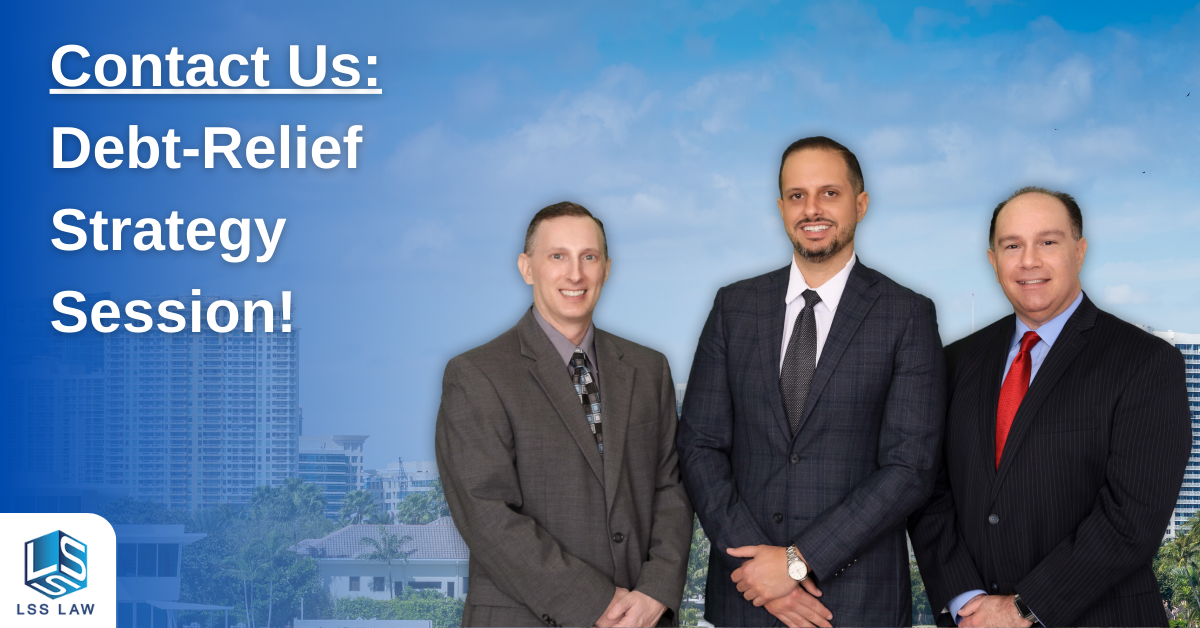
Facing debt can be daunting, but you don’t have to do it alone. LSS Law is here to help you navigate the complex world of debt relief options and find the best solution for your unique financial situation. Our experienced professionals will guide you every step of the way, ensuring you have the support and knowledge needed to achieve financial freedom.
Don’t wait any longer to take control of your financial future. Schedule your no-cost bankruptcy Strategy Session today and download our free report containing “secrets that creditors don’t want you to know.” Fill out the short form on the right side of the page, and let LSS Law help you embark on the path to a debt-free life.
BONUS CONTENT: Strategies for Preventing Future Debt

While LSS Law is here to help you manage and eliminate your existing debt, it’s also crucial to develop healthy financial habits to avoid future debt problems. By implementing the following strategies, you can build a strong financial foundation and maintain long-term financial stability:
Create a Budget
A budget is a crucial tool in managing your finances and staying debt-free. By tracking your income and expenses, you can identify areas where you can cut back and allocate funds to pay off debt or save for the future. Regularly reviewing and updating your budget will help you stay on track and make informed financial decisions.
Build an Emergency Fund
An emergency fund is a savings account dedicated to covering unexpected expenses, such as medical bills or car repairs. By having a financial safety net, you can avoid relying on credit cards or loans to cover emergencies, preventing future debt. Aim to save at least three to six months’ worth of living expenses in your emergency fund.
Prioritize Debt Repayment
If you have multiple debts, prioritize paying off those with the highest interest rates first, as they will cost you the most money over time. By focusing on high-interest debts, you can save on interest costs and pay off your debt faster. Additionally, consider making extra payments towards your debt whenever possible.
Use Credit Wisely
While it’s essential to have access to credit, it’s crucial to use it responsibly. Only charge what you can afford to pay off in full each month to avoid accumulating interest and debt. Regularly monitor your credit report to ensure your credit score remains healthy and to catch any potential errors or signs of identity theft.
Seek Professional Advice
If you’re unsure about your financial decisions or need guidance on managing your finances, don’t hesitate to seek help from a professional. LSS Law can provide expert advice on debt relief options, budgeting, and other financial matters, ensuring you make the best decisions for your financial future.
The Importance of Financial Education

Financial education is key to making informed decisions about your money and avoiding debt. By understanding essential financial concepts, such as budgeting, saving, investing, and credit management, you can take control of your finances and build a secure financial future. LSS Law is committed to providing you with the knowledge and resources you need to make confident financial choices and achieve lasting financial freedom.






